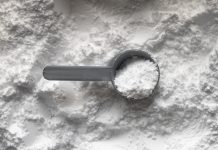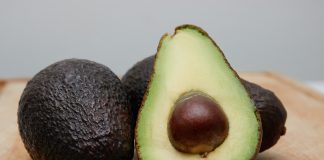Weight loss is a complex process, but at its core, it’s about burning more calories than you burn. To understand how this works, it’s important to understand the role of calories and metabolism in weight loss. This article explores the science behind weight loss, including calories, the part of metabolism, and how they relate to each other.
calories and weight loss
Calories are a measure of energy and we get them from the food and drink we eat. When we consume more calories than our body needs, the excess calories are stored as fat. Over time, this can lead to weight gain. Conversely, if you consume fewer calories than your body needs, your body turns to energy-stored fat and you lose weight.
metabolism and weight loss
Metabolism refers to the chemical processes that take place in our bodies to keep us alive. This includes processes such as digestion, respiration, and circulation. Metabolism plays an important role in weight loss as it determines how many calories the body consumes in a day. There are two types of metabolism:
Basal Metabolic Rate (BMR) and Total Daily Energy Expenditure (TDEE). BMR refers to the number of calories your body burns at rest, while TDEE includes all calories your body burns throughout the day, including physical activity. By increasing your metabolism, you can burn more calories and lose weight.
Factors Affecting Metabolism
Several factors can affect metabolism, including age, gender, genetics, and body composition. For example, as we age, our metabolism slows down, making it harder to lose weight. This is because men typically have faster metabolisms than women and have more muscle mass that burns more calories. Some people naturally have faster metabolisms than others, so genetics also play a role in metabolism. can do.
how to lose weight
To lose weight, you need to create a calorie deficit. That means eating fewer calories than your body burns each day. This can be achieved through a combination of diet and exercise. By reducing your calorie intake and increasing your physical activity, you can create a calorie deficit and lose weight. It’s important to note that there are no shortcuts to weight loss. Crash diets and fad diets can produce quick results, but are often unsustainable and can be detrimental to your health. The best way to lose weight is through diet and life. It is a gradual and persistent change in style.
Diploma
Weight loss is a complex process, but at its core, it’s about burning more calories than you burn. Your metabolism plays an important role in how many calories your body burns in a day, and it depends on several factors. can affect metabolism. Creating a calorie deficit through a combination of diet and exercise can help you lose weight healthily and sustainably. Don’t forget that it’s essential to change things.
















